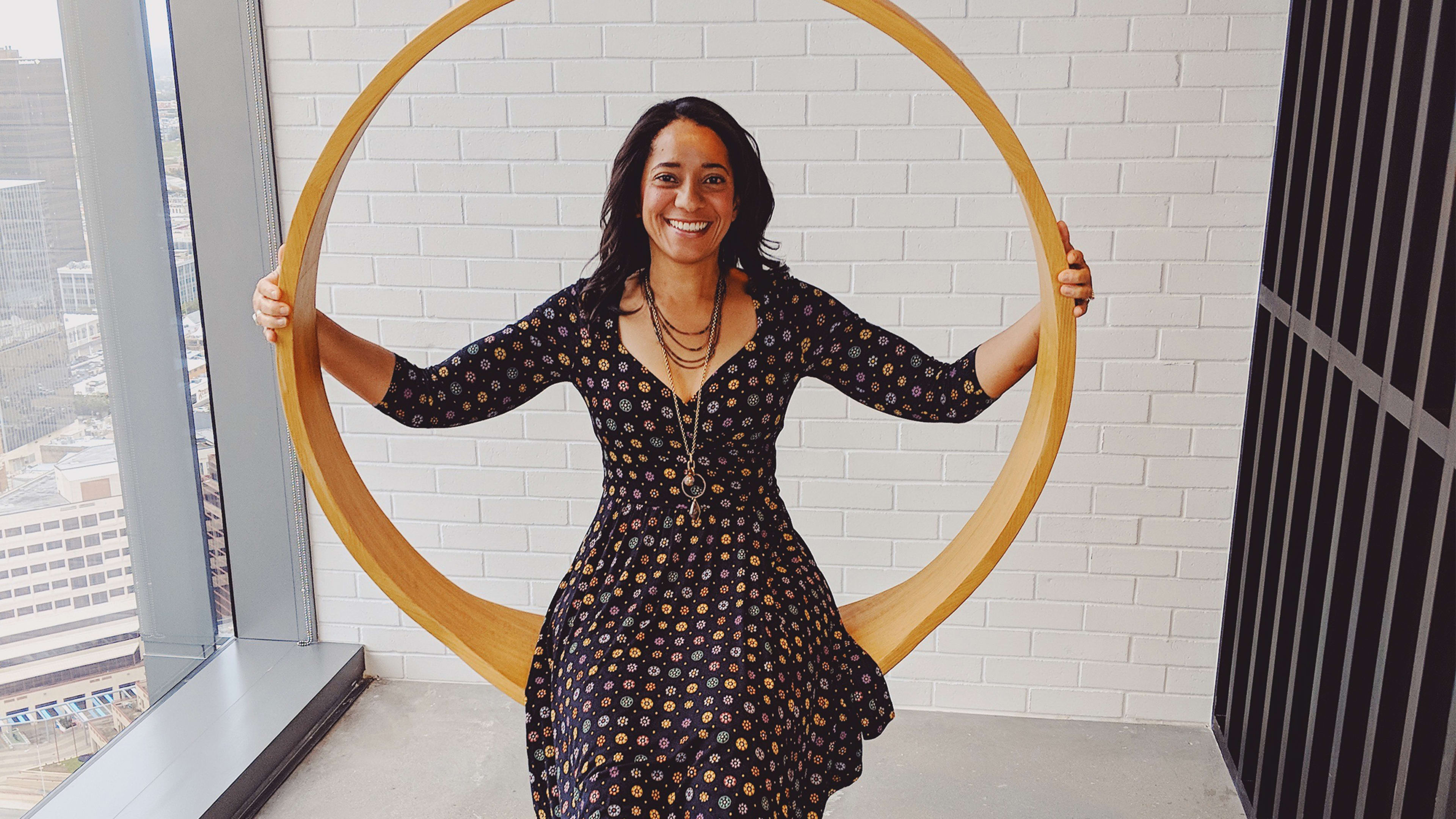JinJa Birkenbeuel is CEO of the branding agency Birk Creative, founder of The Honest Field Guide podcast, a songwriter in the band Utah Carol, and a business coach for underrepresented businesses, especially women-owned businesses. She spoke to Doreen Lorenzo for Designing Women, a series of interviews with brilliant women in the design industry.
Doreen Lorenzo: How did you find your way into the design world?
JinJa Birkenbeuel: As a little kid I grew up in Hyde Park, a multicultural, multinational, and diverse neighborhood in Chicago. We lived right across the street from the Museum of Science and Industry. My mother played a variety of music and my father was an orphan from South America who became an engineer, inventor, and artist. I grew up around so much creativity and art.
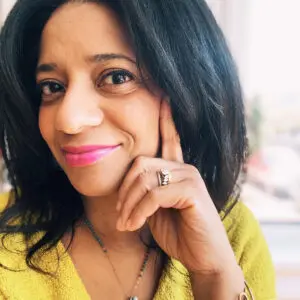
After I left college, I did not take the path of least resistance—I didn’t take the job that paid the most money, nor did I take the first few jobs offered to me. I held out for opportunities that I knew would advance my career, my network, and my skill set, and where I felt I could get along with the people who worked there. Most important, if I couldn’t be in a position to learn, then I wouldn’t take the position. I’m very curious, and my thirst for knowledge is how I’ve been able to create so many different roles in my career. There may have been doors closed to me because I am a Black woman, but I’m also an artist, a songwriter, and a designer, and I see the world differently. My varied interests and abilities have helped me create many opportunities for myself and others, and that’s made a huge difference in growing my career in my field.
DL: With your wide range of interests, which of them occupy most of your time?
JB: The majority of my time is spent at Birk Creative, my branding agency. Birk Creative is where I incorporate all of my interests, like writing a branded song for my agency client, applying my interest in research and ability to listen, or figuring out the best brand strategies to help my clients establish an effective online presence. Birk Creative also has allowed me to meet an incredible variety of thought leaders and work with some of the most recognized brands in the world, including Google, Facebook, and Tesla.
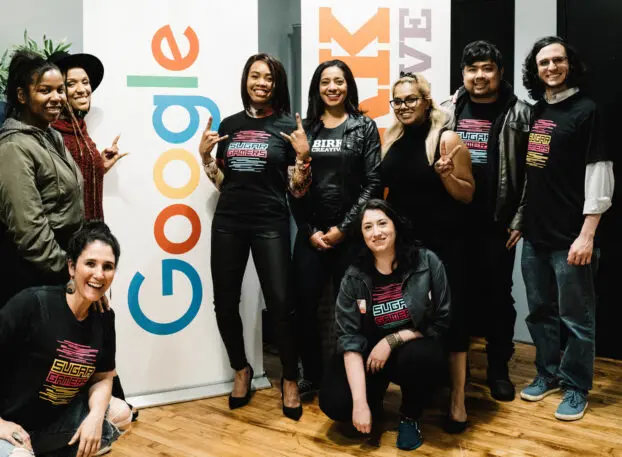
DL: What are some of the accounts you’re most proud of?
JB: The collaborative relationship closest to my purpose is the one I created with Google. Google tapped my agency in 2014 for a whole range of services from creative and social media strategy to graphic design, content creation, and thought leadership. Back then, when I was a smaller firm, Google, one of the world’s most important and powerful corporations could “see” me, and they believed in and entrusted me with their brand.
Over the course of the assignment, we tackled problems businesses like mine have and figured out what we could do to help smaller brands operate online like the big brands. During this time, Google created a now deprecated pilot program called Accelerate with Google, and I was fortunate to be on the ground with them during its development. Google then created the Google Digital Coaches Program, which lives on today. The program features trained coaches that provide live workshops in-person, and now the program is running online because of the pandemic. The change to an online approach has actually been a blessing for me during the pandemic as this work keeps me grounded and allows me to help more businesses from anywhere in the world understand how to transform their in-person business sales to online experiences.
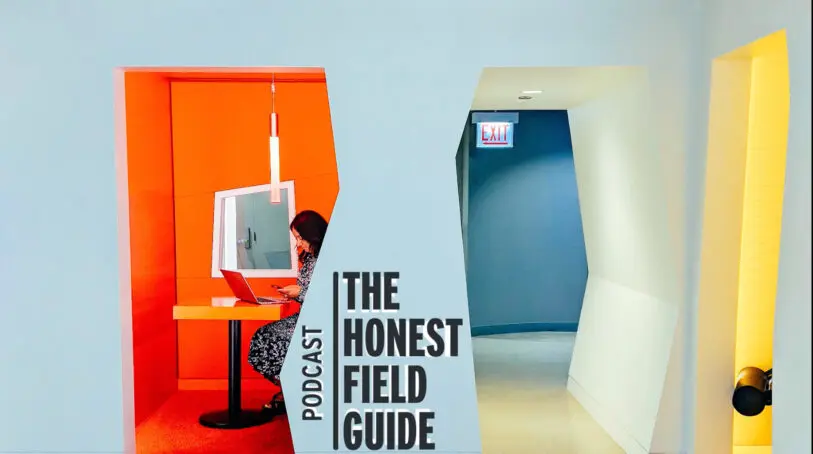
JB: The Honest Field Guide is my thought leadership platform. I launched it so that I could share what I know with others. Many business owners and entrepreneurs have trouble seeing the forest through the trees because they are so busy looking down, grinding it out. It’s one thing to have an idea. It’s another thing to execute. I’m all about the execution.
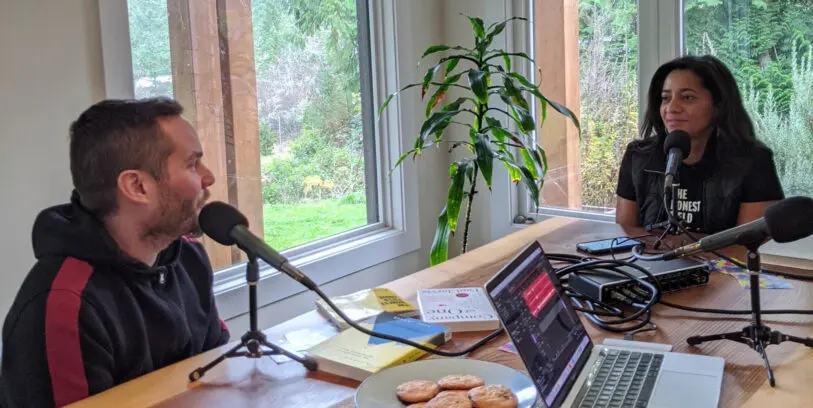
DL: What are some projects or initiatives you’ve taken on to uplift and support women, Black people, and other people of color?
JB: The city of Chicago basically shut down in March, and many women I know were losing or about to lose their businesses. It’s still happening. I created a personal pandemic journey project to find women who were running their own business in spite of it all. When I found women that met my strict aesthetic and business criteria, I offered to train them on how they could become marketers and designers and create a brand presence without hiring other professionals.
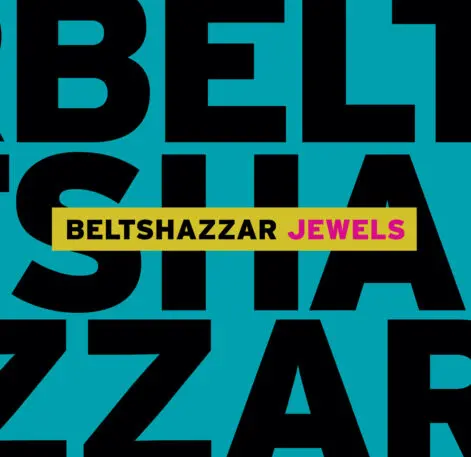
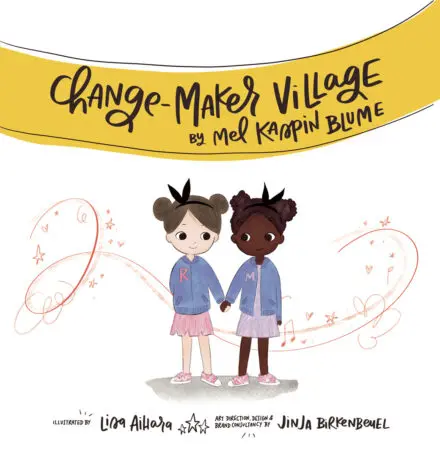
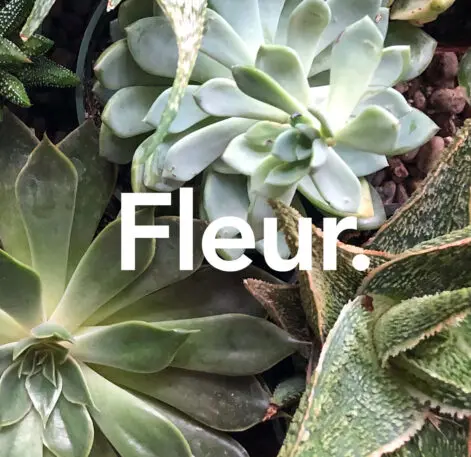
JB: Having a diverse workforce builds company value and makes companies sustainable and better positioned for recruiting top talent. Many white male-dominant companies are realizing their lack of diversity is causing internal and external problems. Women in particular have a different way of thinking and problem solving. When women are in a room helping to make decisions, the best solutions will always emerge. Because I am a woman, a mother, and a woman who was raised by a single mom, I look for a social and economic justice angle when I’m working on any project with any of my clients. Will it help save someone’s life who is underrepresented? Is there a woman on the client side who I can help win? Can I help her get a job, make money, be successful, and feel like she is being seen?
[Image: courtesy Birk Creative]Diversity creates self-determined people and communities. My agency helped create the CPASS Foundation, a nonprofit foundation designed to help Black and Latino students find the right networks to be successful in STEM fields. The founders of CPASS Foundation are Black men. They acknowledge the extraordinary barriers they had to climb to get to medical school. Without consistent support networks, they had to figure out ways to be entrepreneurial and multidisciplinary minded to survive. Even though the founders started off as doctors, they are now business owners in medical technologies and leaders in public health. Consider this: Medical school graduates who bypassed becoming a doctor but are now building life-changing medical devices and apps. Young people interested in STEM careers need to see that there are multiple paths to success after graduation, even from medical school.
DL: What advice would you give to other designers?
JB: I take a personal interest in advising young women designers to diversify their network and not be afraid to join forces with men who show dignity, respect, and professional guidance in the office. Men still have full access to the avenues of prosperity, long-term success, and relationship capital. When I launched Birk Creative I left behind a network of professionals who would answer the phone if I ever needed help to get a job done. My respect and reverence for these types of quiet relationships are why I have been able to build my business from its humble beginnings of just me to what it is today: a distributed and international workforce of more than 20 creatives who deliver thoughtful and impactful solutions to the best brands in the world.
Recognize your brand’s excellence by applying to this year’s Brands That Matter Awards before the early-rate deadline, May 3.
